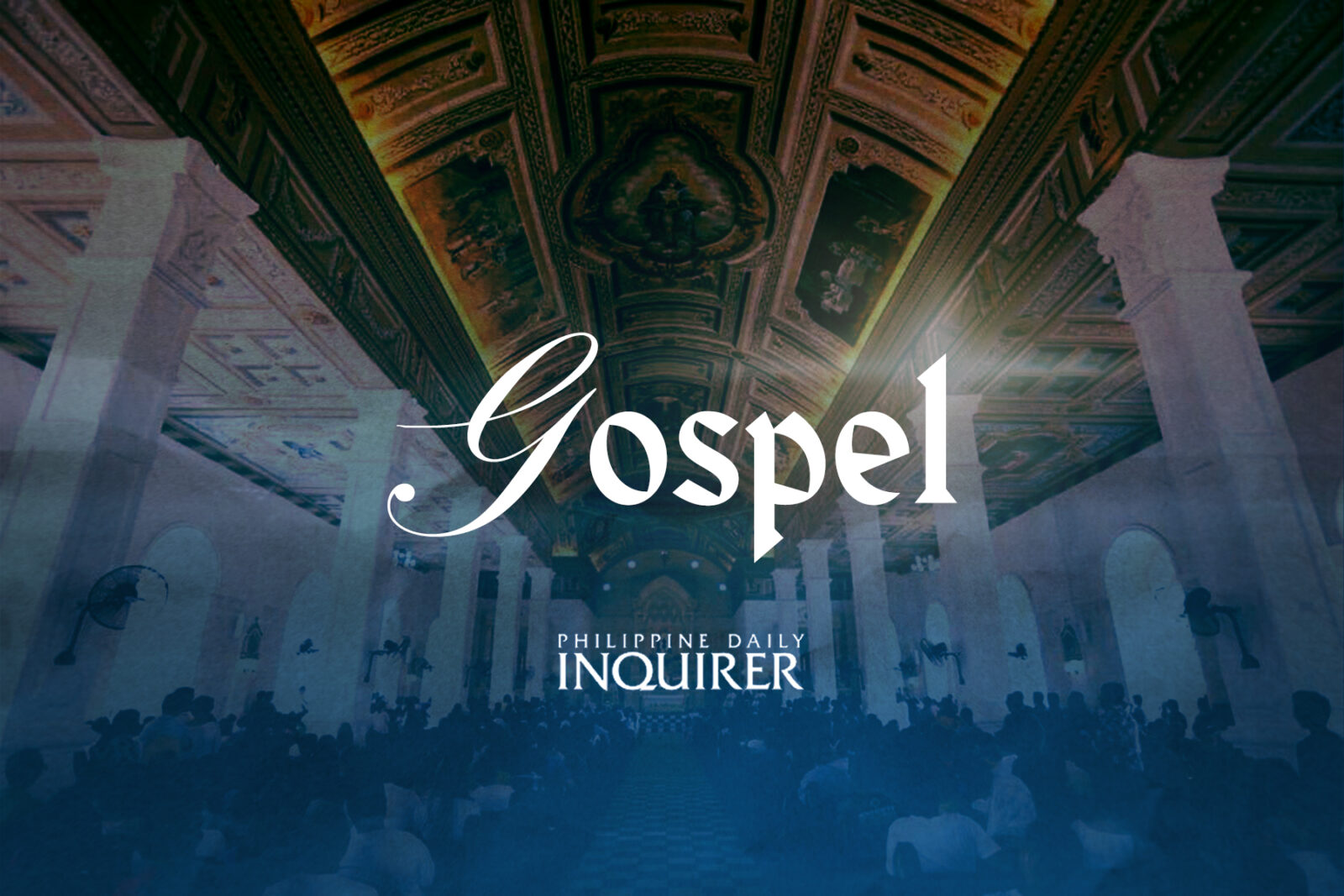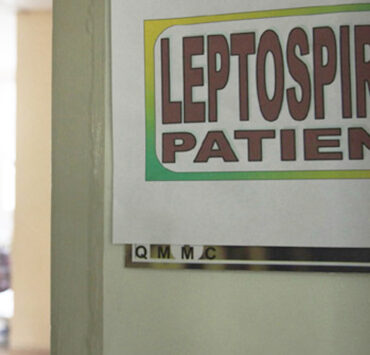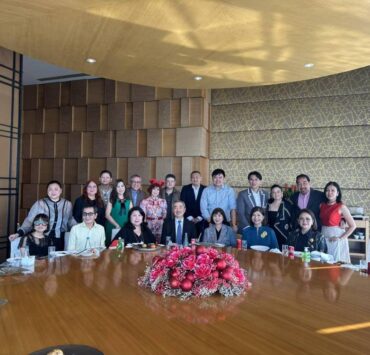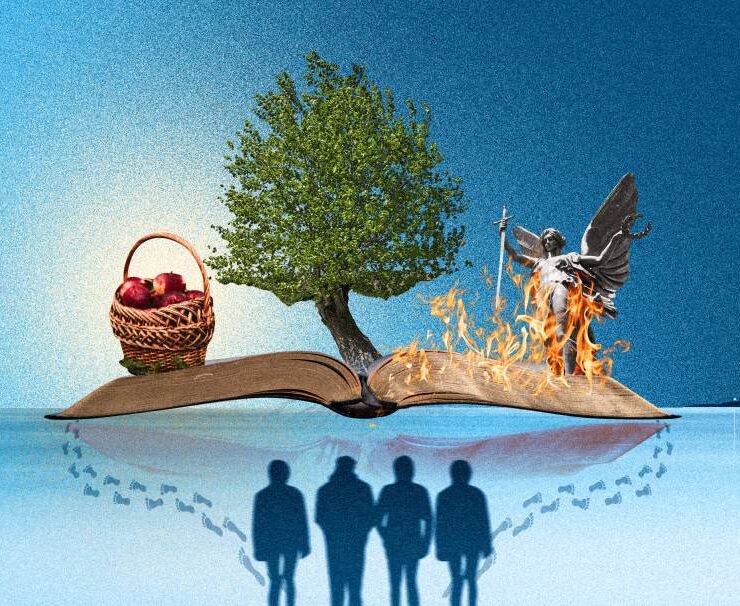The call to radical reorientation

First Reading: Baruch 5: 1-9; Responsorial Psalm: Psalms 126, R. The Lord has done great things for us; we are filled with joy.; Second Reading: Philippians 1: 4-6, 8-11; Gospel: Luke 3: 1-6
The next three Sundays of Advent, we have John the Baptist to “accompany” us in our reflections. He embodies one of the central graces of Advent: the waiting and preparing for the coming of the Messiah.
Let us first reflect on John “proclaiming a baptism of repentance for the forgiveness of sins.” (cf. Luke 3: 1-6) Then we have the prophecy from Isaiah on John’s role in his call to the people, “Prepare the way of the Lord, make straight his paths.” Finally, we see the “final destination” of the preparations, “all flesh shall see the salvation of God.”
The baptism of repentance of John was really a call to a radical reorientation of our life. Set this also within the larger context then. There was no prophetic voice for 400 to 500 years.
This period of “waywardness” created a corrupt and depraved practice of religion. Given the gravity of the situation then, the call to repentance was a radical one.
Thus, the call to repentance was not a call to “incremental” practices of remorse and penance. Radical reorientation was the core of John’s proclamation.
Those who were genuinely waiting and preparing for the Messiah resonated with his call. John had a huge and solid following. Crowds flocked to him for this baptism of repentance. They believed in him.
There was a genuine longing for a radical reorientation in the lives of many, but for the perpetrators of the corrupt and depraved system, John was a thorn on their side.
What is our desire for a radical reorientation in our life as a response to John’s call to this baptism of repentance? Do we genuinely desire this?
“Prepare the way of the Lord, make straight his paths.” This is the next step once we choose to embrace radical reorientation.
Clearing obstacles
Another image I present is the clearing of obstacles to grace in our life as a way of making straight the path for the Lord to enter our life.
Dr. Dido Villasor, a leading Jungian psychotherapist, once said that unless God’s grace comes, the healing in a person will not take place.
The two important moments in the process is to identify obstacles to grace and to choose to clear the obstacles.
So, we ask ourselves, what is the grace we pray for, the grace that will make us better persons and more faithful and constant followers of Jesus? It is important to know.
Once we know this, we then ask, what are the obstacles in our life for this grace to come into our life? Are we ready to clear these obstacles to grace?
It is important to know the grace we deeply desire. For example, as we get older, we desire to be holy. This is after realizing holiness is not a distant or exaggerated (bordering on fake) piety, but a humble acceptance of one’s sinfulness and brokenness, and getting in touch with the deep hunger for God’s healing grace which makes us whole and holy.
Then slowly we also identify the obstacles to this grace of holiness. It is like discovering the pearl of great price or the hidden treasure in the field, and we “sell,” we give up everything to obtain this pearl or treasure.
This leads us to the third point, “All flesh shall see the salvation of God.”
John experienced this and proclaimed Jesus as the Lamb of God when he baptized him, when he exclaimed that he, John, must decrease and Jesus must increase.
Simeon experienced this in the Presentation of the child in the temple when he said, “Lord, as you have promised, you may now dismiss your servant in peace. For my eyes have seen your salvation…” (cf. Luke 2: 29-32)
This is one path of our Advent journey. It is a choice to radically reorient our life and choose to clear obstacles to grace that will bring us to rejoice in seeing Jesus our Savior, come as the Emmanuel, God-with-us, who will come again in glory.
Our prayer of gratitude this Advent: “For my eyes have seen your salvation, which you have prepared in the sight of all nations: a light for revelation to the Gentiles, and the glory of your people Israel.”





















